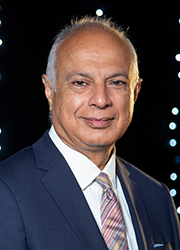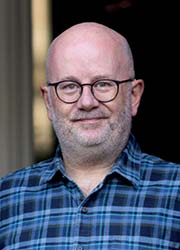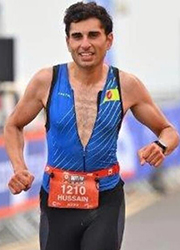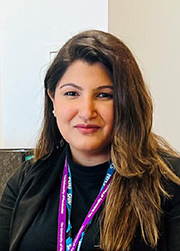

GP Lives: Social Media Medic
Dr Victoria Holt, the East London GP who has worked cooperatively for patient care
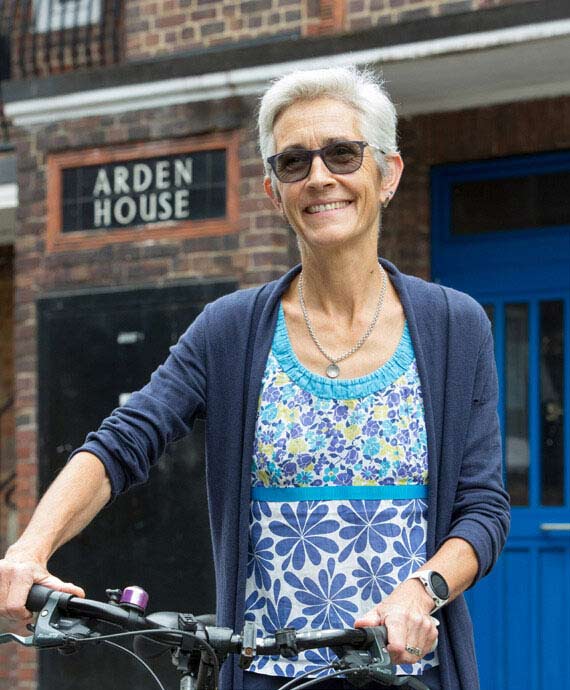
Dr Victoria Holt describes herself as a City and Hackney GP through and through. It is where she did her GP training after winning one of four places for which there were 80 applicants. And it is where she took up her first job in 1989 as a GP in the Hoxton Health Collective, pioneering a completely different model of general practice.
Initially based in a two-bedroom council flat, the East London practice was, at the time, doing something very different. But much of what set them apart then is now a routine part of general practice, she muses.
“Lots of things we did were very much ahead of their time. Patients got to hold their medical records while sat in the waiting room, for example. There was much more of an extended role given to nurses. We had a counsellor in-house as an integral part of the practice team.”
The financial and management model was based on everyone in the team receiving the same hourly rate of pay and shared decision-making on everything from how the appointment system ran to what clinics the team would offer.
“As a socialist and feminist, the conventional general practice partnership model did not appeal, and I liked the idea of a collective. We had this vision that lots of practices would start doing it; there was a feeling we were at the beginning of something.”
The move to the new premises in the early 1990s may have altered the surroundings for the collective, who were now housed with other practices in a large medical centre, but it did not change their approach for patients, she stresses.
“All of a sudden we had oceans of space it was totally luxurious, each having our own consulting room, but it didn’t change what we were doing with patients.”
Yet by the early 2000s it became clear that the practice was no longer sustainable, with staffing a major problem. “No doctors wanted to work there and we were limping along with locums and we realised it wasn’t a sustainable model. After the decision was made to fold, it was a real mixture of sadness but also relief because it had become so incredibly difficult. But it was an amazing bunch of people and we’re still friends now.”
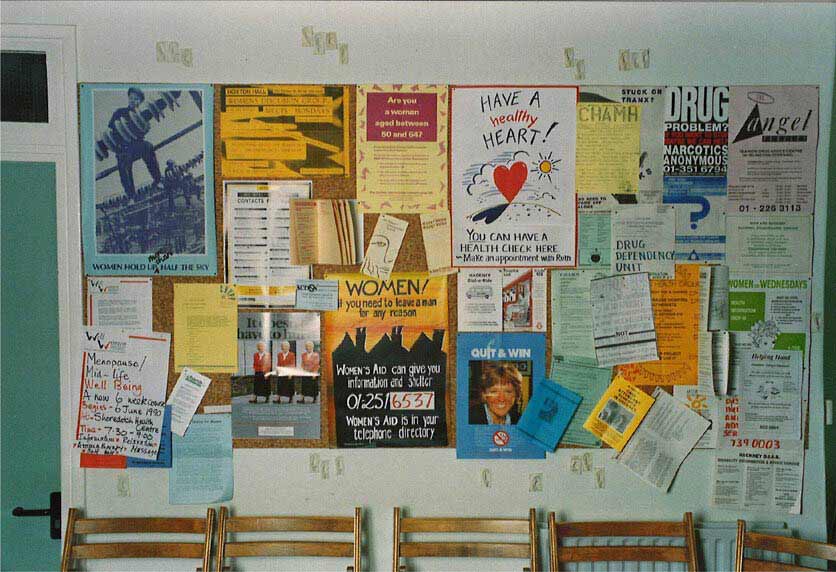
At 58, Dr Holt’s main focus since then has been on out of hours and urgent care services. At the Hackney Health Collective, they had initially shared out of hours with another local collective GP practice and the whole team took a share of fielding calls before passing them to a doctor if necessary for more advice or a visit. The increasing burden on out of hours for GPs in Hackney later led her to start a GP co-operative where doctors worked on a pro-rata share. After the new GP contract came in in 2004, Dr Holt became education lead for Camidoc who were providing out of hours services across City and Hackney and three other boroughs.
“My career seems to have been jumping from sinking financial ship to sinking financial ship,” she says jokingly, explaining that in 2011 Camidoc was also forced to close – something which actually hit her harder than the end of the Hoxton Health Collective. “In a funny way I was more upset about that one as it was a total shock and I wasn’t feeling burdened with its responsibility, but I was furious and devastated.”
Her next role was as clinical lead for CHUHSE – a social enterprise which provided out of hours care in the borough until 2019 when NHS111 was mandated as the call handling and advice service nationwide. It had become increasingly difficult to staff the shifts at the end, she said, and it meant she was filling far too many of them herself. “That was punishing. There were a few years where it was hard to plan my life and that was really difficult for my family.”
Now she is part-time clinical lead for the urgent care centre in the A&E department of the Homerton Hospital and sharing the leadership of the Homerton GP OOH face to face service, as well as doing some appraisals. “I never had a plan for my career and some of this has evolved though chance conversations,” she says. “The thread through it all is about me being a City and Hackney GP, and providing round the clock care for patients has been at the forefront of what I have prioritised.”
Read more
Thank you for your feedback. Your response will help improve this page.
